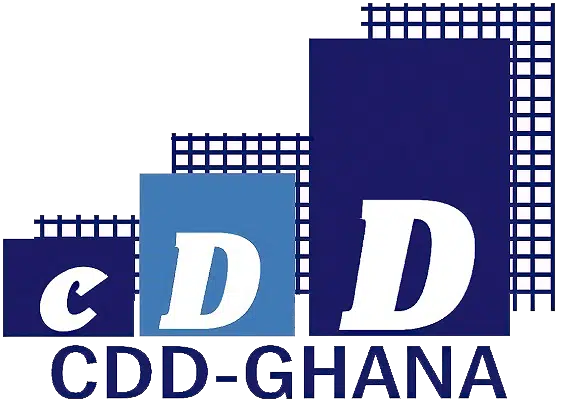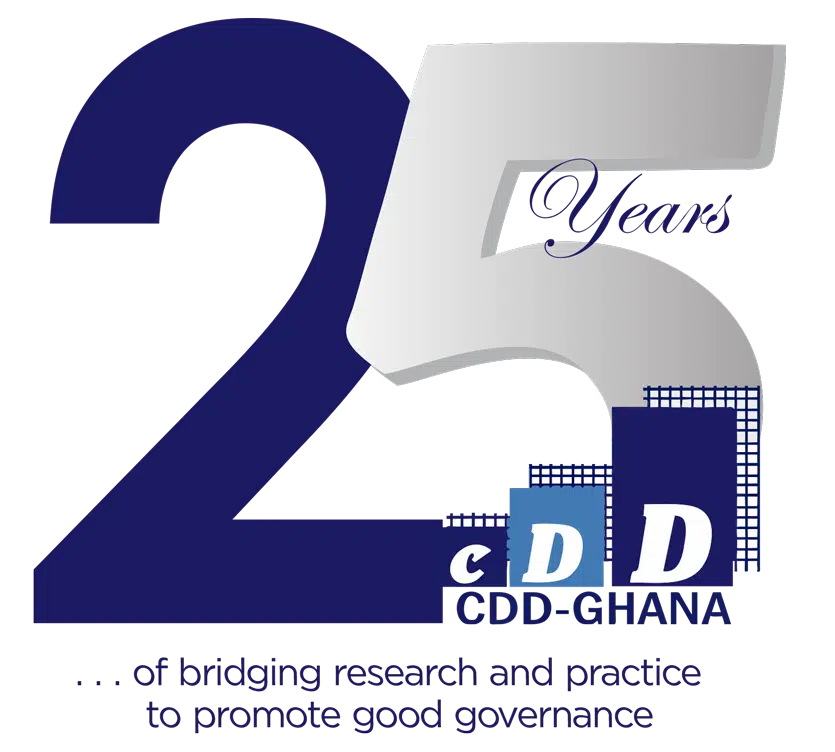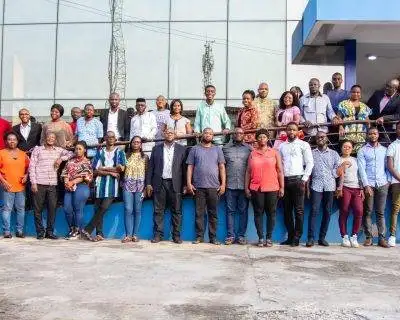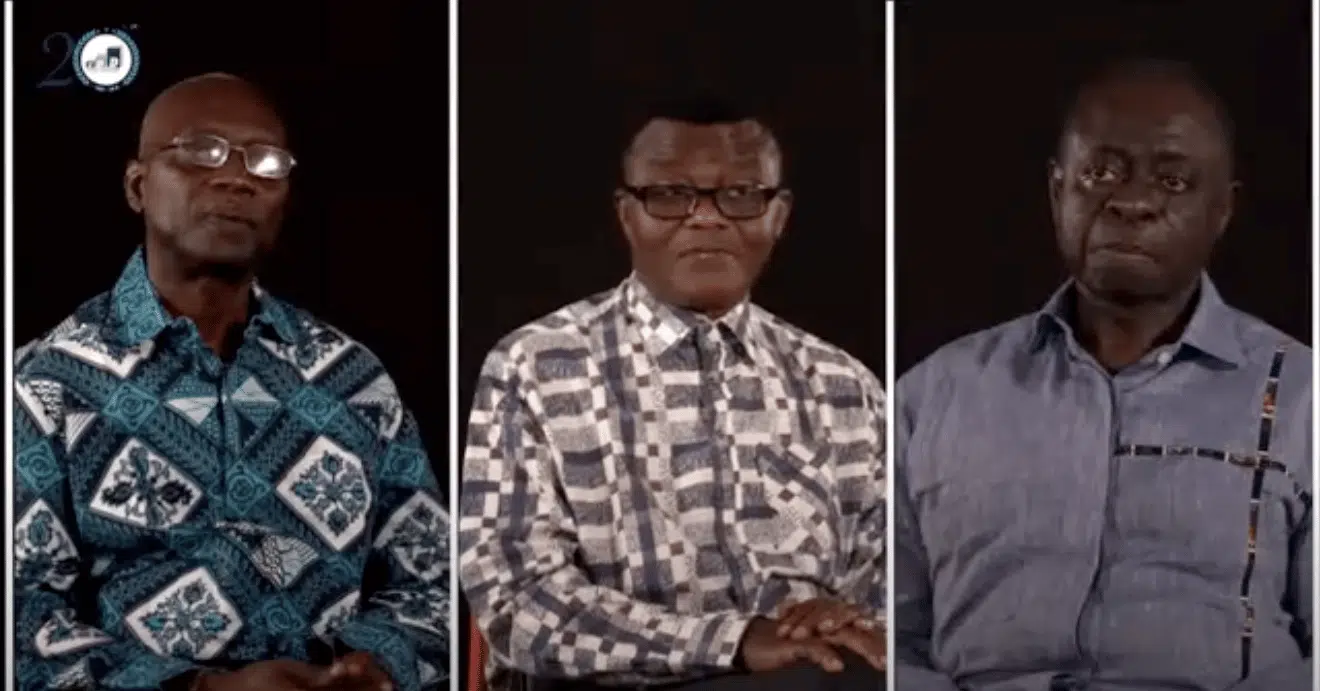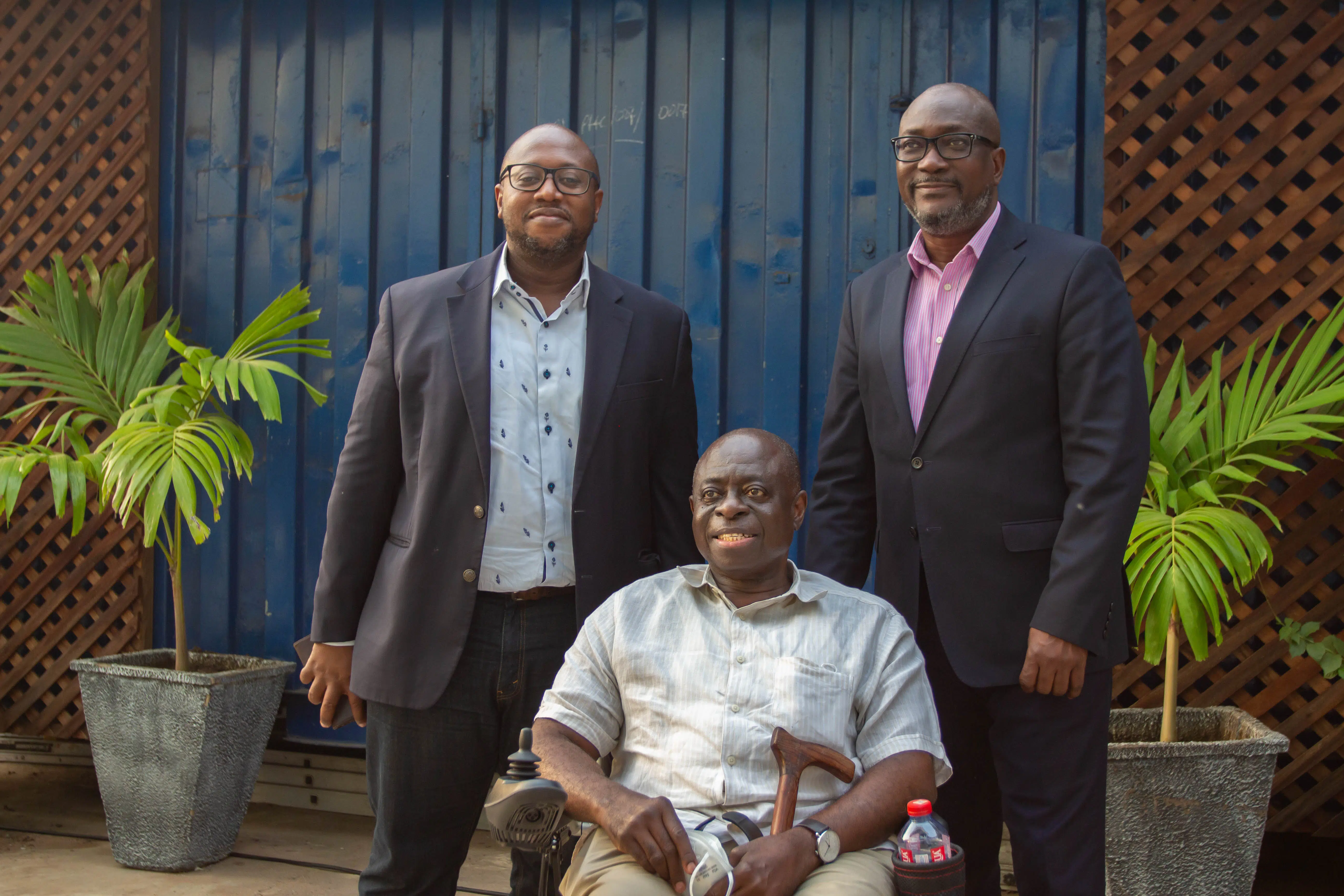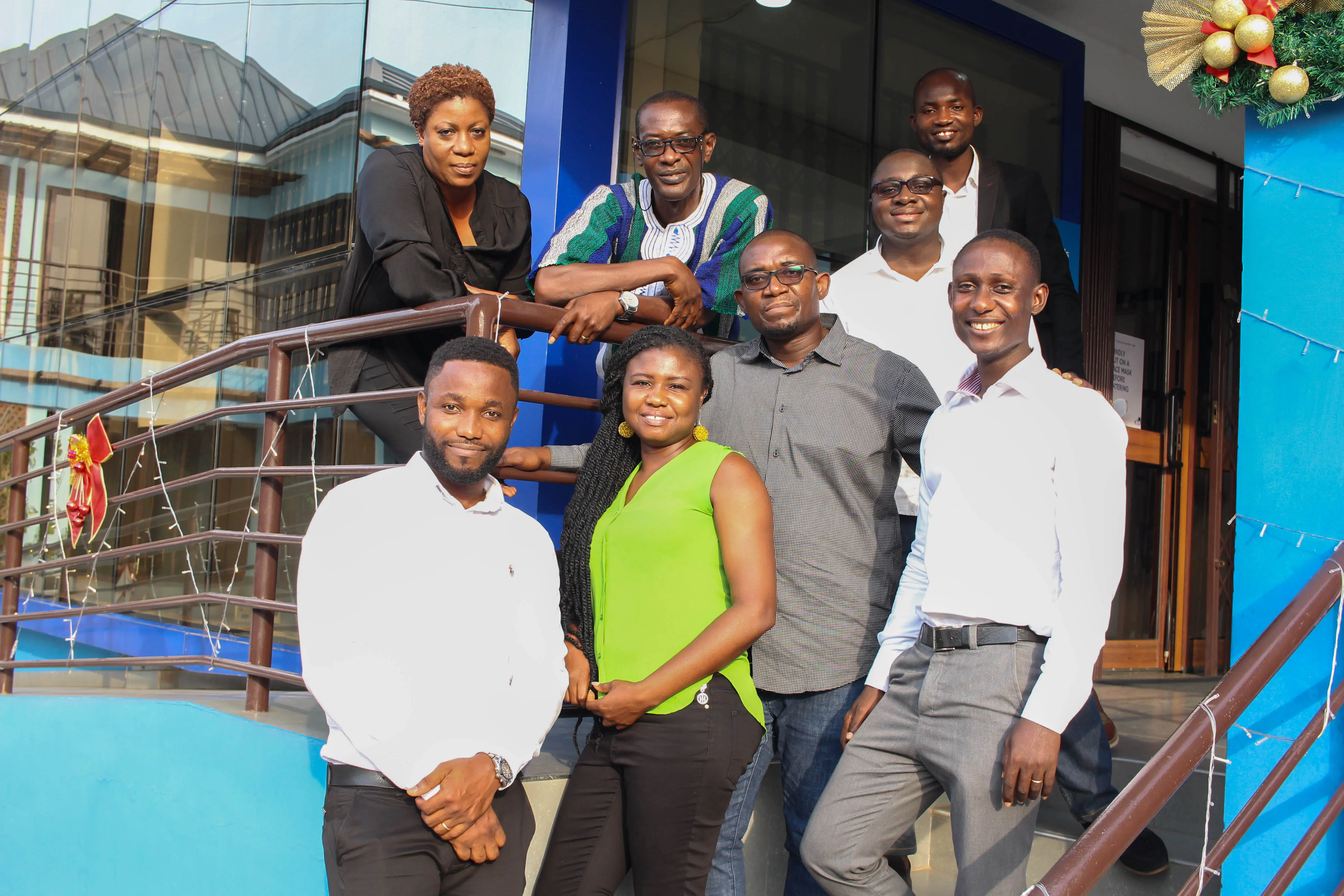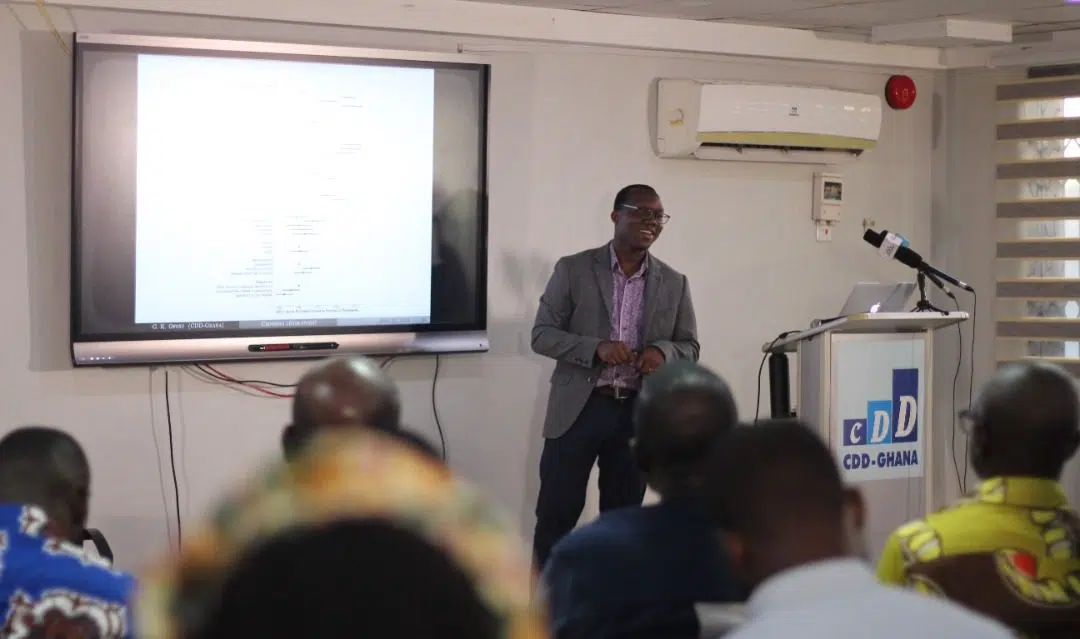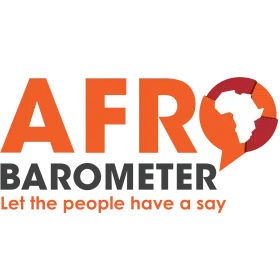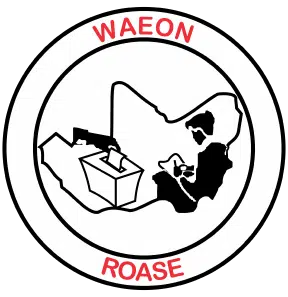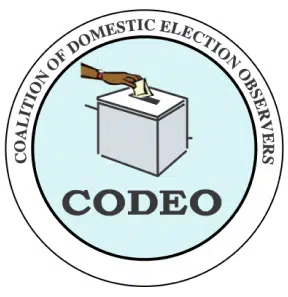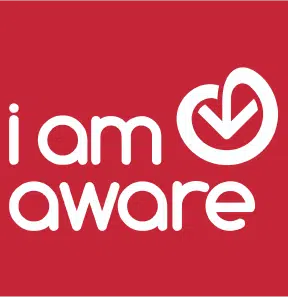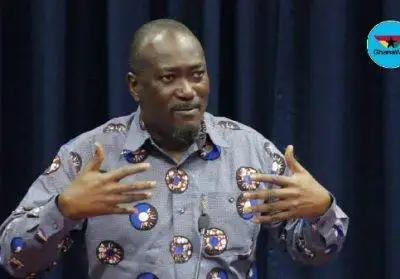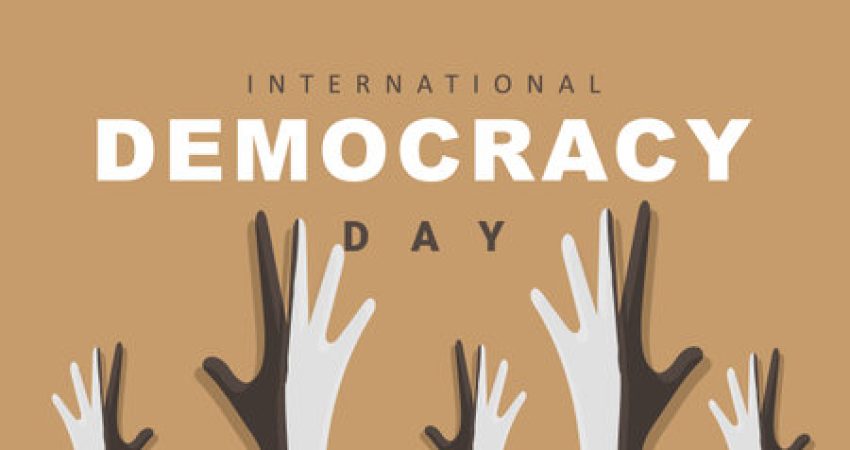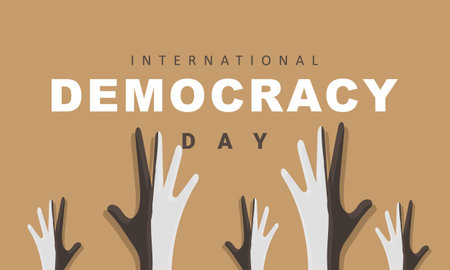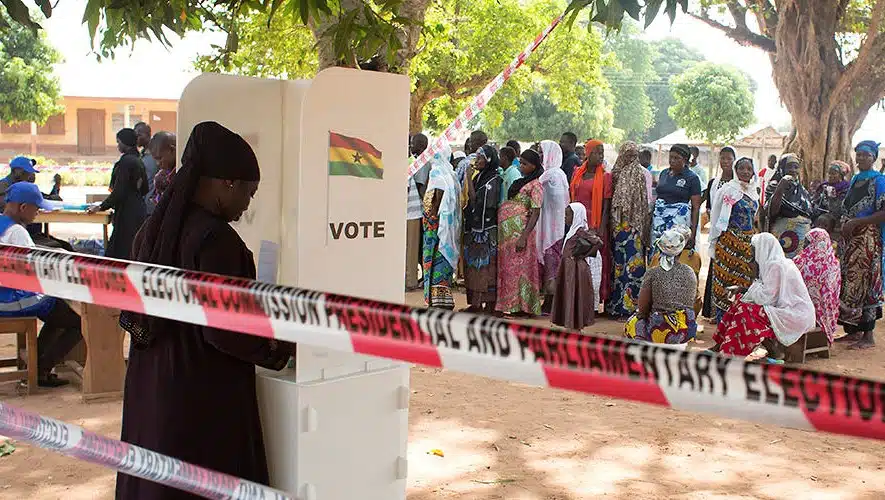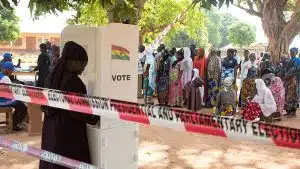September 15, 2024 is international democracy day. It is a day set aside to promote the strengthening and consolidation of democracy around the world. It is, also in my view, a day for sober reflection on current challenges facing democracies and an opportunity for all stakeholders to renew their commitments to addressing them.
In this reflection, I draw attention to Ghana’s changing democratic landscape and the need for urgent attention to stem the tide of the decline we are witnessing. I focus on this prototype citizen – ‘satisfied democrats’ and ‘dissatisfied democrats’ which the political science literature began capturing more than a decade ago.
What the prototype simply means is this – ‘satisfied democrats’ are citizens who are strong supporters of democracy and are satisfied with the way it is working, while ‘dissatisfied democrats’ are citizens who although are strong supporters of democracy, are dissatisfied with the way it is working.
This prototype was first examined within the African context as far back as 2012 by Prof. Renske Doorenspleet in an article titled ‘Critical citizens, democratic support and satisfaction in African democracies” using data from Round Three (2008) of the Afrobarometer survey across. Eight countries were selected for the study, including Ghana.
This reflection, drawing on data from nine rounds of the Afrobarometer survey, examines this prototype in Ghana and draws attention to three things – a) the changing landscape of satisfied and dissatisfied democrats; b) key similarities and differences between the two groups; and c) the implications for Ghana’s march towards democratic consolidation.
Ghana’s Changing Democracy Landscape
In Round 1 (1999), seven out of ten Ghanaians (67%) could be described as ‘satisfied democrats’ compared to three out of ten (33%) ‘dissatisfied democrats.’ Between Round 2 (2002) and Round 4 (2008), the percentage of ‘satisfied democrats’ improved (+12 percentage points), reaching a historic high of eighty-seven percent (87%). Conversely, the percentage of ‘dissatisfied democrats’ decreased significantly by twenty percentage points (33% to 13%). This was the first positive change in Ghana’s democratic landscape.
Between Round 4(2008) and Round 6 (2014) Ghana’s democracy landscape witnessed its first negative change as a period of decline set in. The percentage of ‘satisfied democrats’ declined from the 2008 historic high (87%) to sixty-three percent (63%). In addition, the percentage of ‘dissatisfied democrats’ grew from thirteen percent (13%) to thirty-seven percent (37%).
There was a brief period of reversal between Round 6 (2014) and Round 7(2017) with a significant growth (63% to 84%) in the percentage of ‘satisfied democrats’ and a similar decline (37% to 16%) in the percentage of ‘dissatisfied democrats.’
Since then, Ghana has witnessed a second negative and more significant change. Between Round 7 (2017) and the most recent survey year (Round 9, 2022), the percentage of ‘satisfied democrats’ dropped to a historic low (54%) compared to all other rounds. This represented a thirty-percentage point drop. Alternatively, the percentage of ‘dissatisfied democrats’ increased to a historic high (46%), compared to all other rounds.
In summary, Ghana’s democratic landscape has overall underdone a negative change with the number of citizens who are strong supporters of democracy and satisfied with the way it is working (satisfied democrats) decreasing while those who are strong supporters of democracy but dissatisfied with the way it is working (dissatisfied democrats) increasing.
Satisfied Democrats vs Dissatisfied Democrats
Given the historic low of satisfied and dissatisfied democrats in Round 9 (2022), the analysis in this section focuses on that survey year and probes for similarities as well as differences between these two groups. The driving question here – what can we learn from these two groups who both strongly support democracy, but have divergent levels of satisfaction?
Key similarities. Both groups share several similar characteristics, some of which are both positive and negative sentiments. On the positive side, despite their different levels of satisfaction with the way democracy is working, both groups strongly reject authoritarian (one man, one party, and military) forms of government. They also strongly support parliamentary oversight of the presidency (parliament should ensure that the president explains to it regularly, how his government spends taxpayers’ money) as well as judicial accountability (the president must always obey the laws and the courts, even if he thinks they are wrong).
On the negative side, both groups believe there is no accountability for public officials (officials who commit crimes often go unpunished) nor are elected officials attentive to citizens (MPs/Assembly men and women never/sometimes listen to what citizens have to say). They also share similar self-described civic habits of general disengagement from the democracy space (never contacting assemblymen and women, low attendance at community meetings, and no participation in protests or demonstrations).
Key Differences. There are also some key differences between these two groups. In retrospect, ‘satisfied democrats’ feel the level of democracy has remained the same, while ‘dissatisfied democrats’ feel the country has become less democratic. On the question of their optimism about the future of Ghana’s democracy, more ‘satisfied democrats’ (81%) compared to ‘dissatisfied democrats’ (57%), feel the country’s democracy will either remain the same or become more democratic. Among ‘dissatisfied democrats’, fewer (59%) say “Ghana’s armed forces should never intervene in the country’s political process” compared to seventy percent (70%) among ‘satisfied democrats.’
On trust in institutions, ‘satisfied democrats’ have more trust in key institutions (presidency, parliament, electoral commission, and courts) compared to ‘dissatisfied democrats.’ For example, among ‘satisfied democrats’ forty-two percent (42%) trust the electoral commission “somewhat/a lot” compared to only twenty-four percent (24%) among ‘dissatisfied democrats.’ Another example is when it comes to the courts, forty-four percent (44%) of ‘satisfied democrats’ trust the institution “somewhat/a lot” compared to thirty-two percent (32%) among ‘dissatisfied democrats.’
While the two groups feel several economic pinch points, the feelings are less intense among ‘satisfied democrats’ compared to ‘dissatisfied democrats.’ Slightly fewer (29%) ‘satisfied democrats’ have experienced “moderate/high lived poverty” compared to thirty-eight percent (38%) among ‘dissatisfied democrats.’ On the government’s management of the economy, seventy-four percent (74%) of ‘satisfied democrats’ compared to ninety percent (90%) of ‘dissatisfied democrats’ gave a rating of “very bad/fairly bad.” On the government’s job creation efforts, seventy-six percent (76%) of ‘satisfied democrats’ compared to ninety percent (90%) of ‘dissatisfied democrats’ gave a rating of “very bad/fairly bad.” Regarding their personal living conditions, seventy-three percent (73%) of ‘satisfied democrats’ compared to eighty-seven percent (87%) of ‘dissatisfied democrats’ said, “very bad/fairly bad”.
Implications for democratic consolidation
Quite clearly, there are aspects of the democratic experience in Ghana where ‘satisfied democrats’ share similarities with ‘dissatisfied democrats.’ When the shared experiences are on positive dimensions of the country’s democracy architecture (rejection of authoritarian rule, support for parliamentary oversight, and judicial accountability) it offers a good foundation upon which consolidation efforts can be built.
Alternatively, when the shared experiences are on negative dimensions of the country’s democracy architecture (lack of accountability for public officials, unresponsive government, and poor civic habits), it points to challenges the country faces in democracy consolidation efforts. In addition, they serve as a guide to stakeholders on what must be done to strengthen the country’s democratic architecture.
The differences between the two groups are just as important for the signals they offer too. On the aspects of the democratic experience where ‘satisfied democrats’ express more positive sentiments than ‘dissatisfied democrats’ such as trust in institutions, they point stakeholders to the corrective actions needed so that ‘dissatisfied democrats’ can hopefully become ‘satisfied democrats’. The same holds true on the aspects of the democratic experience where both groups hold negative sentiments, but the feelings are more intense for one than the other.
Ghana’s democracy architecture certainly faces challenges and those who strongly feel about democracy but have different satisfaction levels with it have something to offer us in terms of how we fix those challenges. On International Democracy Day, it is my hope that we will pay attention to these signals, renew our commitments to Ghana’s democracy and pledge to fix the challenges.
 John Osae-Kwapong (Ph.D) is a Democracy and Development Fellow at the Ghana Center for Democratic Development (CDD-Ghana).
John Osae-Kwapong (Ph.D) is a Democracy and Development Fellow at the Ghana Center for Democratic Development (CDD-Ghana).
